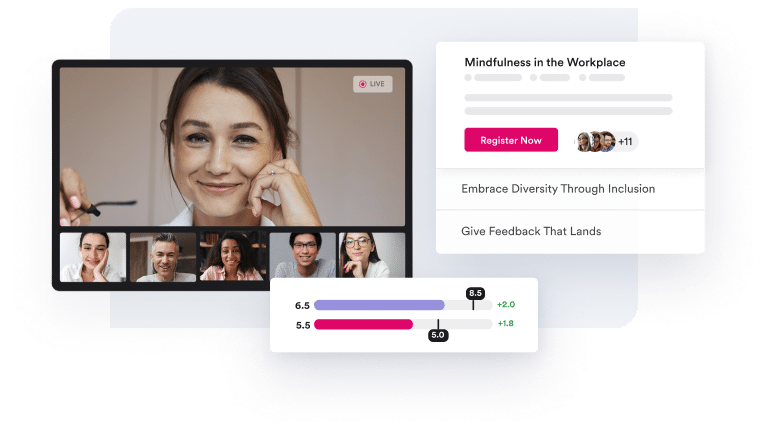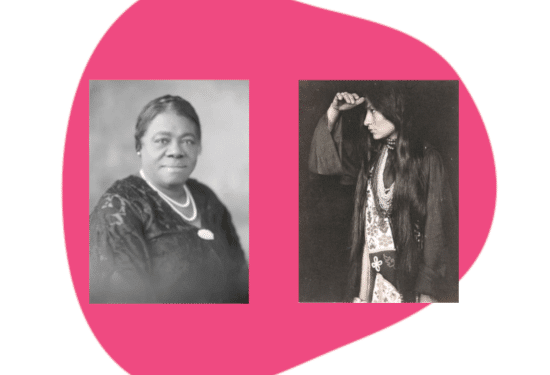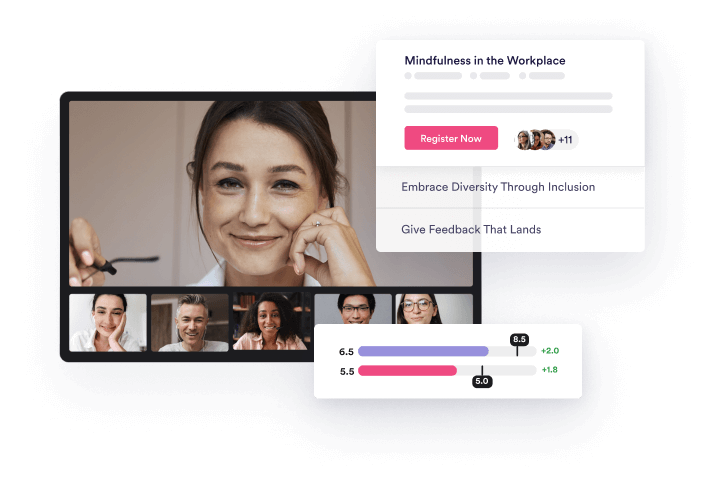What started as a weeklong local celebration in California has grown to become so much more. Today, Women’s History Month is celebrated all across the U.S. as people take time to acknowledge and celebrate the notable women of the past and present.
This month, we wanted to highlight two indefatigable female educators and activists who fought to help two underprivileged groups in the United States: Black and Native Americans. To start, we’ll dive into the life and accomplishments of Mary Jane McLeod Bethune and how she became one of the most important Black educators of the 20th century, before sharing the impact Zitkala-Ša had on protecting Native Americans’ basic human rights.
Here’s a detailed look at how these two incredible women dedicated their lives to helping others and fighting for equality and justice for their people.
Meet Mary Jane McLeod Bethune
Mary Jane McLeod Bethune was one of the most prominent black educators, civil and women’s rights activists, and government officials of the 20th century despite her humble beginnings. The daughter of former slaves, Bethune was one of seventeen children and could pick 250 pounds of cotton a day by the time she turned 9. A year later, she was enrolled at a one-room schoolhouse where she learned to read and write. The family’s only child able to attend school, Bethune would return home each day to teach her siblings the day’s lessons, ultimately helping her discover her penchant for teaching.
While teaching in South Carolina, Bethune met and married her colleague Albertus Bethune and gave birth to a son in 1899. When their marriage ended, Bethune needed a way to support her son, so she founded a boarding school called the Daytona Beach Literary and Industrial School for Training Negro Girls to give women of color access to quality education. The school ultimately merged with a nearby men’s institute and went on to become what’s known today as Bethune-Cookman University.
Bethune went on to become very involved in women’s voting and civil rights, becoming president of the National Association of Colored Women’s Clubs and helping found the National Council of Negro Women. She also served as an important advisor to President Franklin Delano Roosevelt and became the highest-ranking African American woman in government in 1936 when she was named her director of Negro Affairs of the National Youth Administration, where she remained until 1944. She was also vice president of the National Association for the Advancement of Colored Persons (NAACP), an advisory member of the Women’s Army Corps, and the only woman of color at the first-ever United Nations conference.
Meet Zitkala-Ša/Gertrude Simmons Bonnin
Zitkala-Ša/Gertrude Simmons Bonnin, or “Red Bird,” was a writer, classically-trained musician, educator, and Native American political activist in the early 20th century. While she was born into the Yankton Dakota Sioux tribe in South Dakota in 1876, she spent most of her young life at a Quaker school in Wabash, Indiana – a dichotomy of identity that would follow her throughout her life. At the Quaker-run school, Zitkala-Ša was given the missionary name Gertrude Simmons and developed a love of reading, writing, and music. She went on to study at Earlham College and the New England Conservatory of Music before becoming a music teacher at a popular Indian boarding school in Pennsylvania.
Angered by the treatment of Native Americans by the American people and government, Zitkala-Ša began collecting and translating stories from her people to challenge stereotypes and criticize attempts to assimilate tribes. After marrying Captain Raymond Talefase Bonnin in 1902, moving with him to Utah’s Uintah-Ouray Reservation, and having a son, Zitkala-Ša went on to co-create the first Native American-written opera. While Native American religions were banned at the time, “The Sun Dance Opera” depicted sacred Sioux rituals and urged audiences to stand up against oppression to bring about change.
Over the years, Zitkala-Ša became more involved in activism, lobbying for Native Americans to have full American citizenship and the right to vote, speaking out against assimilationist policies, condemning the exploitation of Native American land for oil, and fighting to preserve Native culture. She and her husband went on to found the National Council of American Indians, where she worked to unite the tribes across the United States to gain suffrage for all Indians until her death. Upon her death, Zitkála-Šá was buried alongside her husband at Arlington National Cemetery.
What we can modern learners take away from Mary Jane McLeod Bethune and Zitkala-Ša
Mary Jane McLeod Bethune and Zitkala-Ša both dedicated their lives to lifting others up, whether through education, storytelling, or music. They raised their voices and took action to ensure their people’s struggles were heard and addressed. These exceptional women risked their lives to build a more equitable world, not just for women, but for everyone.
And while their efforts certainly helped advance women’s rights in the U.S., we have yet to reach true equality. Women still make $0.82 for every dollar made by a man, the U.S. has no mandated paid parental leave, and, at the time of this writing, there are only 41 female CEOs on the Fortune 500 list. Obviously, there’s a lot of work to be done, but fortunately, each of us can help make a difference. Whether it’s being an ally in the workplace or helping out a woman you know personally to overcome real hurdles, we can all stand up for women’s rights and help make a more equitable workplace and world.
Back to today’s world of work: Empowering women to excel
While the last two years have been challenging for everyone, the pandemic has been disproportionately challenging for women all over the world. As schools and daycare centers went virtual or shut down completely, many women and others in caregiving roles have had to bear the brunt of being a full-time parent and employee, 24/7. A 2020 McKinsey study found that mothers were more than three times as likely as fathers to be responsible for the majority of housework and caregiving during the pandemic – a reality that takes a huge mental and physical toll on working women day in and day out.
But, women didn’t have to have children to be adversely affected by the pandemic. Many dubbed 2020 and 2021 the “shecession” due to women being disproportionately affected by layoffs. In 2020, women lost a net of 5.4 million jobs compared to the 4.4 million lost by men. On a brighter note, unemployment rates are inching back toward pre-pandemic levels for women, but there’s still a lot of work employers can do to attract female workers and help them have a seamless return to work.
So, just how can employers engage their female employees during a particularly stressful time? Here are a few ways:
- Introduce flexible scheduling: Allow employees from all parts of the organization (not just the executive ranks) to work when is most convenient for them, so they can take care of a parent during the day or pick a child up from school without worrying about their job security.
- Invest in employee wellness and well-being: The last few years have taken a physical and mental toll on everyone. Offering an employee assistance program (EAP), gym reimbursement program, or free membership to a mindfulness and meditation app can help your employees make time for self-care.
- Revisit your parental leave policies: If your company has the resources, consider extending your parental leave policies for primary and secondary caregivers.
- Make a goal to close the gender pay gap by 2025
- Offer equal access to learning and development courses so that all employees can continuously learn and grow in their careers
At Hone, we believe it’s incredibly important to teach current and future managers how to lead diverse teams. By learning skills like how to lead with empathy and how to build a culture of trust, managers can learn how to support all of their employees – regardless of gender.
Here are some of our most popular classes on the subject:
- Address Microaggressions on Your Team
- Lead Compassionate Conversations
- Attract Top Talent
- Communicate Powerfully Around Change
- Build a Thriving Team Culture
As always, you can check out our full list of upcoming inclusion and belonging classes or browse all the leadership classes we offer on the Hone website. We’re always introducing new and exciting classes, so be sure to check back regularly.








